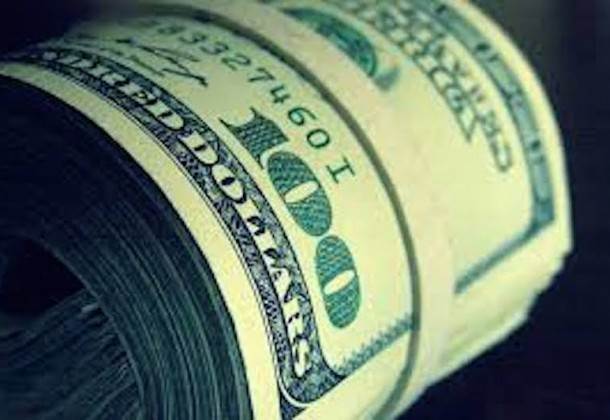 With less than a week to go before U.S President Donald Trump has threatened to impose new tariffs on China, traders are apprehensive about what will happen, and how Trump’s comments, and ultimately, his decision on whether to implement the tariffs, will move the markets. Trump has a reputation for being a bit of a loose cannon, and his comments have proven to move markets almost instantly. With the deadline looming, however, traders and analysts remain puzzled as to how Trump will act. Though the president has made several encouraging comments recently about the progress of the trade talks, the optimism has not been mirrored by China. Contrary comments by Trump have hinted that the trade deal may not come until after the November 2020 presidential election, leaving traders wondering exactly what will happen next week and in the long term.
With less than a week to go before U.S President Donald Trump has threatened to impose new tariffs on China, traders are apprehensive about what will happen, and how Trump’s comments, and ultimately, his decision on whether to implement the tariffs, will move the markets. Trump has a reputation for being a bit of a loose cannon, and his comments have proven to move markets almost instantly. With the deadline looming, however, traders and analysts remain puzzled as to how Trump will act. Though the president has made several encouraging comments recently about the progress of the trade talks, the optimism has not been mirrored by China. Contrary comments by Trump have hinted that the trade deal may not come until after the November 2020 presidential election, leaving traders wondering exactly what will happen next week and in the long term.
Also impacting markets this week may be the Federal Reserve’s meeting, at which they are not expected to cut interest rates, but they are expected to focus on the efficiency of their current repo operations and its impact on the market. The Federal Reserve is likely to stand to the side at its upcoming policy meeting, especially in light of positive non-farm payroll numbers that showed the creation of 226,000 jobs in November.
Markets reacted positively to Friday’s report, with all three Wall Street benchmarks closing higher. The Dow Jones Industrial Average ended up 1.22 percent, the NASDAQ closed up 1 percent, and the S&P 500 gained 0.91 percent on the day. Asian benchmarks were mostly higher on Monday afternoon, with Japan’s Nikkei 225 and South Korea’s Kopsi both gaining 0.33 percent as of 3:01 p.m. HK/SIN. Hong Kong’s Hang Seng Index eked out 0.05 percent gains as tension in the region headed into its sixth straight month. Both of China’s benchmarks were modestly lower, with the Shanghai Composite easing 0.02 percent and the Shenzhen Composite down 0.04 percent.
On the currency markets, the dollar was flat against the yen in the mid-afternoon, with modest movements against most of its other currency partners. The British pound soared against the greenback, trading up 0.25 percent to $1.3168 as traders raised expectations for the upcoming elections and the potential for a final Brexit next month. The euro was up 0.04 percent against the dollar to $1.1062.
There will be no data releases on Monday, but the rest of the week looks to be interesting for traders around the globe.
